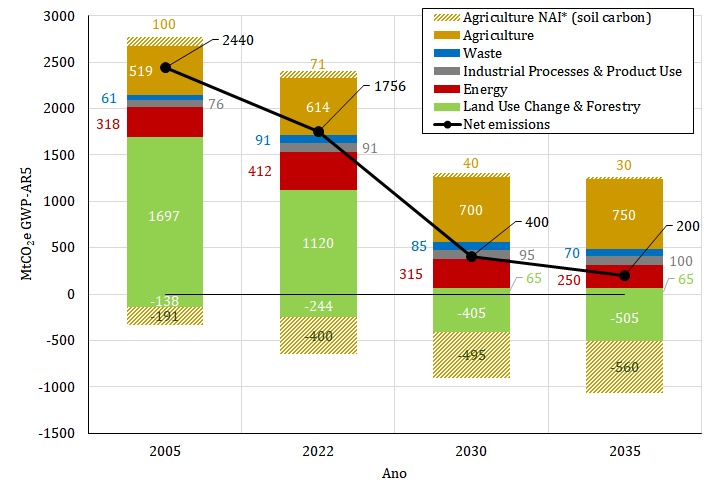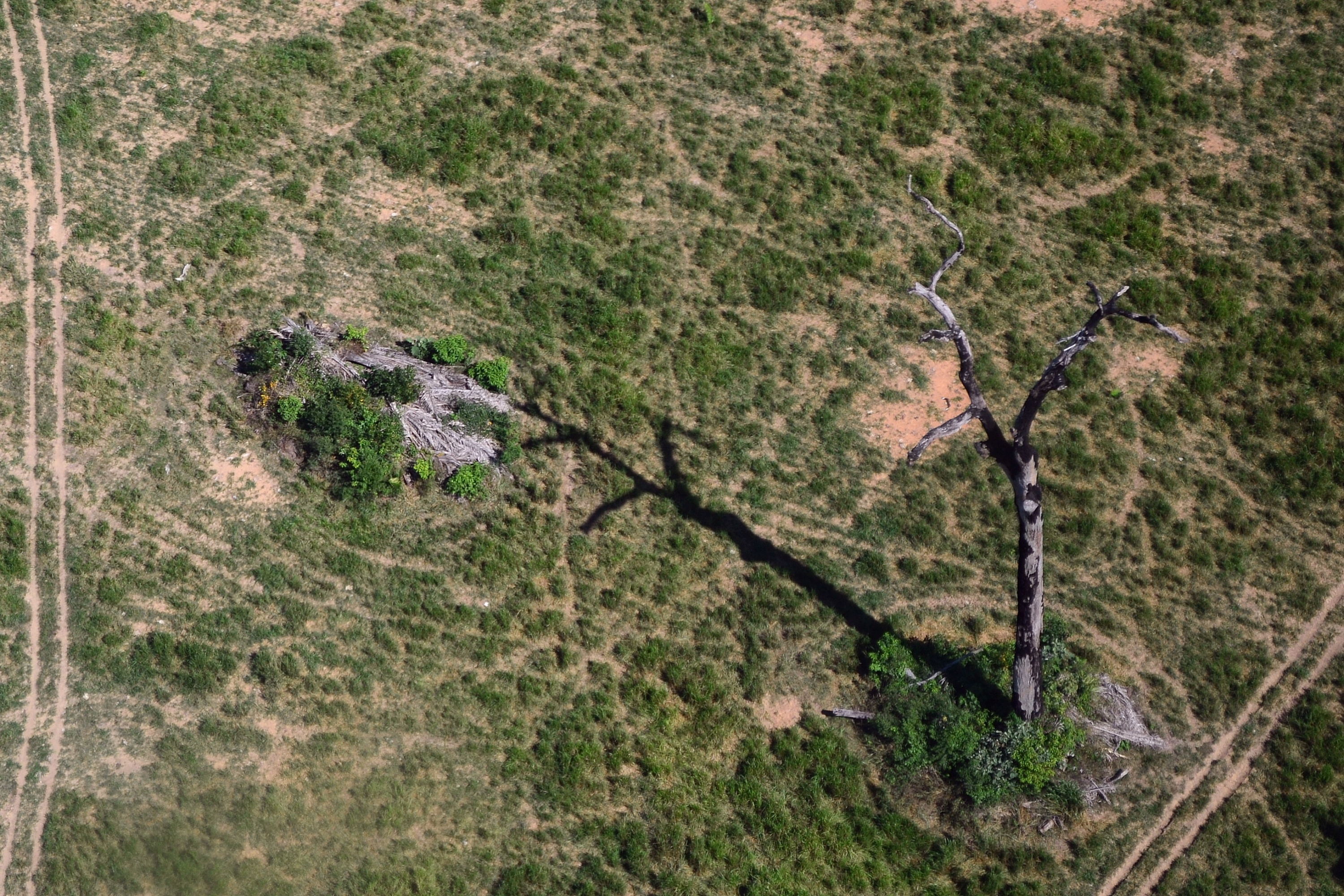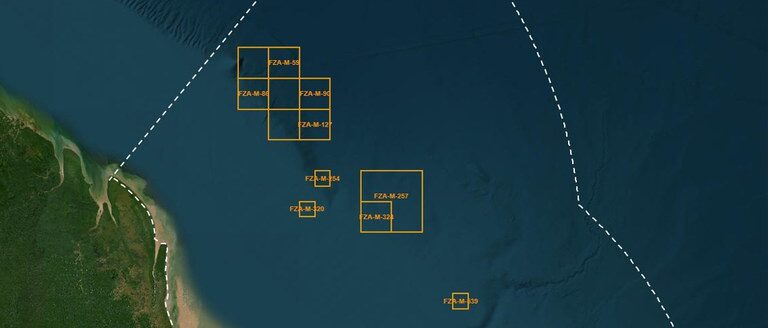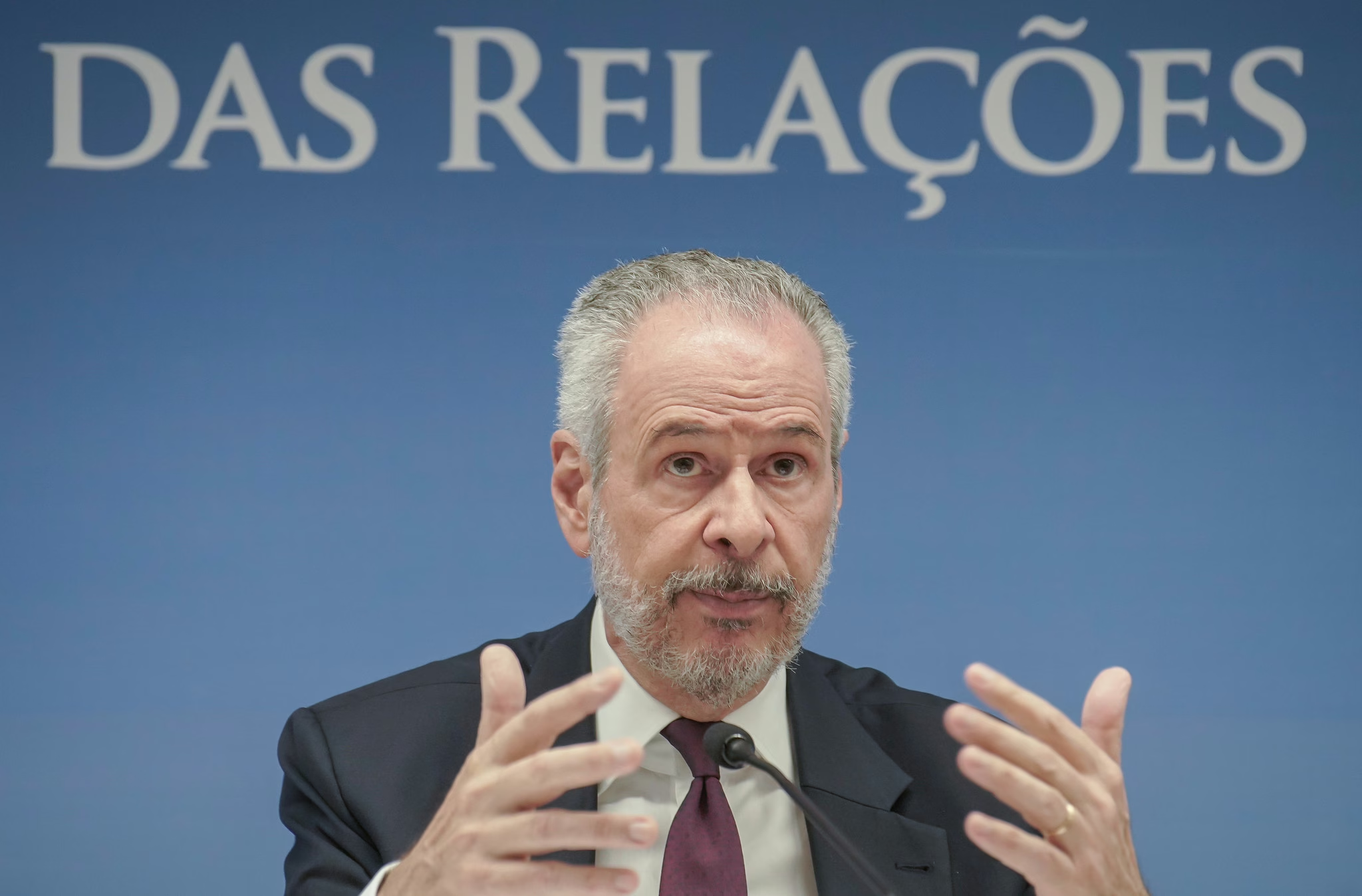PRESS RELEASE
If Brazil wants to lead by example in combating the climate crisis, as promised by President Lula, the country must reduce its greenhouse gas emissions by at least 92% by 2035 compared to 2005, when the country emitted 2,440 million metric tons of carbon dioxide equivalent. This means limiting net emissions to 200 million tons. This is the main conclusion of the proposed new climate target for the country presented by the Climate Observatory on Monday, August 26th.
Developed by dozens of organizations and based on the best available science, the document outlines what the country needs to achieve in terms of emission reductions if it is to meet its fair share to limiting global warming to 1.5°C above pre-industrial levels, as mandated by the Paris Agreement. Currently, the aggregated targets of all countries would lead to a world nearly 3°C warmer, even if fully met.
Brazil, as the world’s sixth-largest emitter of greenhouse gasses and the president of COP30 next year, needs to submit an ambitious national climate plan (NDC, short for Nationally Determined Contribution) to the UN by February next year, one that may inspire other G20 countries to increase their targets.
However, there is no indication so far that Brazil’s official NDC, or those of other major climate polluters, will be compatible with what the atmosphere needs to avoid the worst impacts of the climate crisis. “We have put this proposal on the table to set the ambition bar and tell the government not just what the country needs to do, but primarily what it is capable of delivering,” says David Tsai, coordinator of the OC’s Greenhouse Gas Emissions Estimates System (SEEG).
This is the network’s third NDC proposal. In 2015, OC was the first civil society organization in the world to develop a target that considered Brazil’s fair share —a definition that factors in historical responsibility and the capacity to act, given by per capita income— to the global effort to cut emissions. That year, OC proposed an absolute economy-wide target of limiting emissions to 1 billion tons of CO2 equivalent by 2030.
In 2020, while the country was “climate fiddling” on the target and presenting an update of the NDC that effectively meant less ambition, OC developed its first 1.5-compatible NDC, proposing an 83% reduction (to 400 million tones) compared to 2005.
OC’s 2024 NDC follows the guidelines of the Paris Agreement’s Global Stocktake, finalized at COP28 in Dubai. It sets a 2035 target compatible with 1.5°C, increases the ambition of the 2030 target, and begins the phase-out of fossil fuels in Brazil, proposing a 42% reduction in their use (80% of coal, 38% of petroleum derivatives, and 42% of fossil gas). “With this reduction in demand, we estimate that the country will not need to license new oil and gas projects, in line with the International Energy Agency’s recommendation to halt the expansion of new fossil ventures to meet the 1.5°C target,” says Tsai.
The proposed net emissions trajectory for the country is summarized in the figure below:

*NAI: Refer to emissions and removals not accounted for in the Brazilian inventory
The achievement of the target is supported by five main pillars: reducing deforestation to almost zero across the country (limited to a maximum of 100,000 hectares per year by 2030), restoring the 21 million hectares of vegetation in compliance with the country’s forestry legislation, massive carbon sequestration in the soil through the strong expansion of low-emission agricultural practices, the energy transition away from fossil fuels, and improved waste management.
In the energy sector, actions include a strong expansion of public transportation, with the construction of 4,000 km of BRT lanes, the complete replacement of gasoline with biofuels and electricity in passenger cars, and the installation of 70 gigawatts of wind energy and 95 gigawatts of solar energy. In the waste sector, emission reductions would come from the universalization of sanitation and the eradication of landfills—measures already enshrined in law in the country.
The network also proposes a series of adaptation measures, including the development of new climate risk assessment scenarios and the inclusion of climate impact and risk analysis in the entire public budget. Additionally, the NDC proposes the completion, within two years, of a major diagnosis on loss and damage in the country, something crucial at a time when coral reefs, the Pantanal wetlands, and much of the Amazon are suffering from an off-the-charts string of extreme climate events.
“What we propose here is nothing less than a transformation of the Brazilian economy. It may seem radical, but the climate emergency has also radicalized. As a result of decades of inaction, all countries will have to invest simultaneously in sharp emission cuts and broad climate adaptation measures,” says Claudio Angelo, OC’s International Policy Coordinator. “The alternative is to see a repetition of tragedies like the cataclysmic Rio Grande do Sul floods every year from now on and bear the human and economic costs of it. No country can handle that.” Marcio Astrini, OC’s executive secretary, highlights the international context: “In the climate agenda, ambition and example are decisive factors. This is what we are presenting in this NDC proposal. Achieving it is possible and would make Brazil firmly occupy the leadership position the world desperately needs.”
Statements
“In this NDC, the land-use change sector focused on two essential processes: eliminating deforestation—a goal that is repeatedly present in the speeches of our leaders—and enforcing the national Forest Code, with the recovery of all 21 million hectares of environmental liabilities. This is the fair measure for Brazil to address the debt it has incurred with the planet, primarily related to the land-use change sector.”
Bárbara Zimbres, researcher, Ipam
“Mitigation and transition strategies for agriculture and livestock involve increasing production efficiency while promoting the expansion of low-carbon practices to achieve restored, conserved, and well-managed soil. It is also essential to reduce the time it takes to slaughter cattle, the main contributors to methane emissions in Brazil today. Implementing and monitoring these actions, along with financial incentive systems that include small farmers, are key to accelerating the just transition of agri-food systems.”
Renata Potenza, climate policy specialist, Imaflora
“Our NDC proposal considers a scenario of continued economic growth for Brazil. The country can continue to grow in the energy and industrial sectors without causing a surge in greenhouse gas emissions. On the contrary, it is projected that emissions from these sectors could fall by more than 30% between 2022 and 2035. This will be achieved through an energy transition that prioritizes the use of clean electricity and renewable fuels, as well as efficiency measures in transportation and energy use.”
Felipe Barcellos e Silva, researcher, Iema
“The 27% reduction in waste emissions by 2035 incorporates crucial aspects of the sector, such as universalizing the coverage of domestic effluent collection and eradicating open dumps. We also include the valorization of waste through composting and recycling; increased energy recovery from biogas generated in landfills; and process improvements in sewage treatment. The sector’s biggest challenge is meeting the targets of sectoral sanitation policies, which will ensure a better quality of life for the population.”
Íris Coluna, monitoring, reporting, and verification advisor, Iclei
“Adaptation in OC’s NDC has a multi-faceted approach and cross-cutting themes essential to climate science and the development of public policies. Examples include guaranteeing the right to the city and safeguarding the rights of traditional populations and vulnerable groups. A key proposal from OC is the creation of a National Adaptation Fund, modeled after the Amazon Fund, including national and international fundraising, to allocate non-repayable resources to priority territories that are technically recognized as being at the highest risk from extreme events.”
Suely Araújo, head of public policy, Observatório do Clima
“Including a justice-oriented analysis in the NDC means ensuring that the mitigation agenda will achieve the expected results and help correct the structural inequalities that exacerbate the climate emergency for Black and Indigenous people, women, children, people with disabilities, and the elderly. Recognizing that there are differences between the impacted populations avoids shallow discourse and superficial policies and builds a comprehensive set of responses that ensures more lives while seeking planetary balance.”
Thaynah Gutierrez, executive secretary of the Network for Anti-Racist Adaptation
“The NDC highlights the need to recognize and demarcate traditional coastal and marine territories. This measure is not only fundamental in addressing climate change but also a great adaptation strategy, as the use and occupation of these spaces contribute to the conservation of the coastline, beaches, and mangroves. Recognizing artisanal fishing as a low-impact activity that produces quality food is an innovative approach that underscores the central role of traditional fishing communities in socio-environmental conservation.”
Henrique Callori Kefalás, executive coordinator of Instituto Linha D’Água
Useful links:
Technical note: Basis for the NDC proposal (Portuguese only).
Memo: Brazil’s fair share of 1.5-consistent mitigation through 2035.
About the Observatório do Clima– Founded in 2002, it is the main Brazilian civil society network on the climate agenda, with 120 member organizations, including environmental NGOs, research institutes and social movements. Its goal is to help build a decarbonized, egalitarian, prosperous and sustainable Brazil, in the fight against the climate crisis (oc.eco.br). Since 2013, OC has published SEEG, the annual estimate of greenhouse gas emissions in Brazil (seeg.eco.br).
For press information, please, contact:
Solange A. Barreira – Observatório do Clima
+ 55 11 9 8108-7272
Claudio Angelo – Observatório do Clima
+55 61 9 9825-4783





